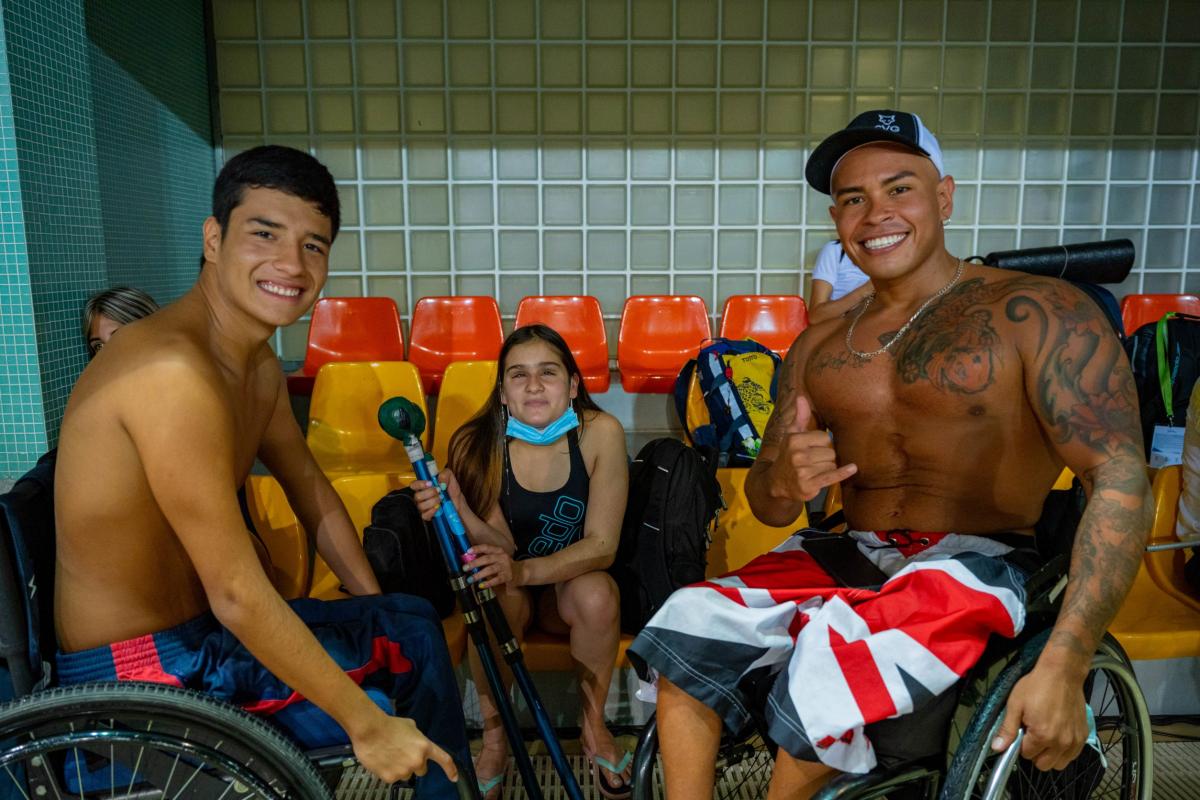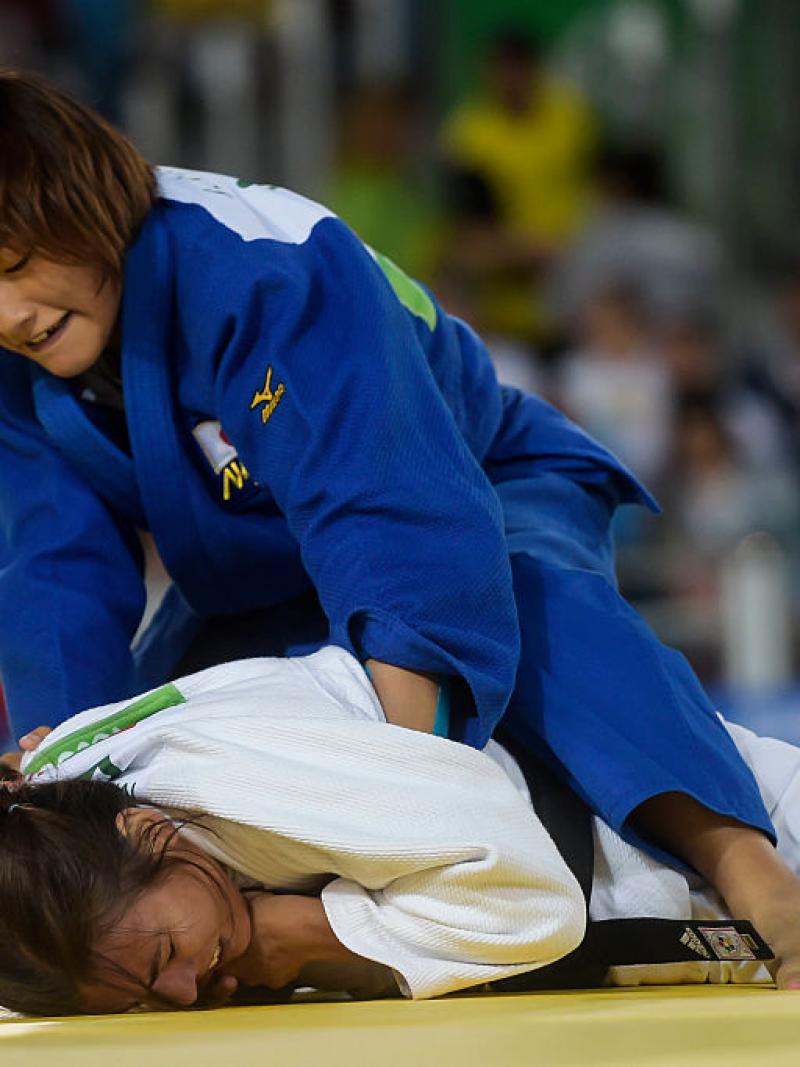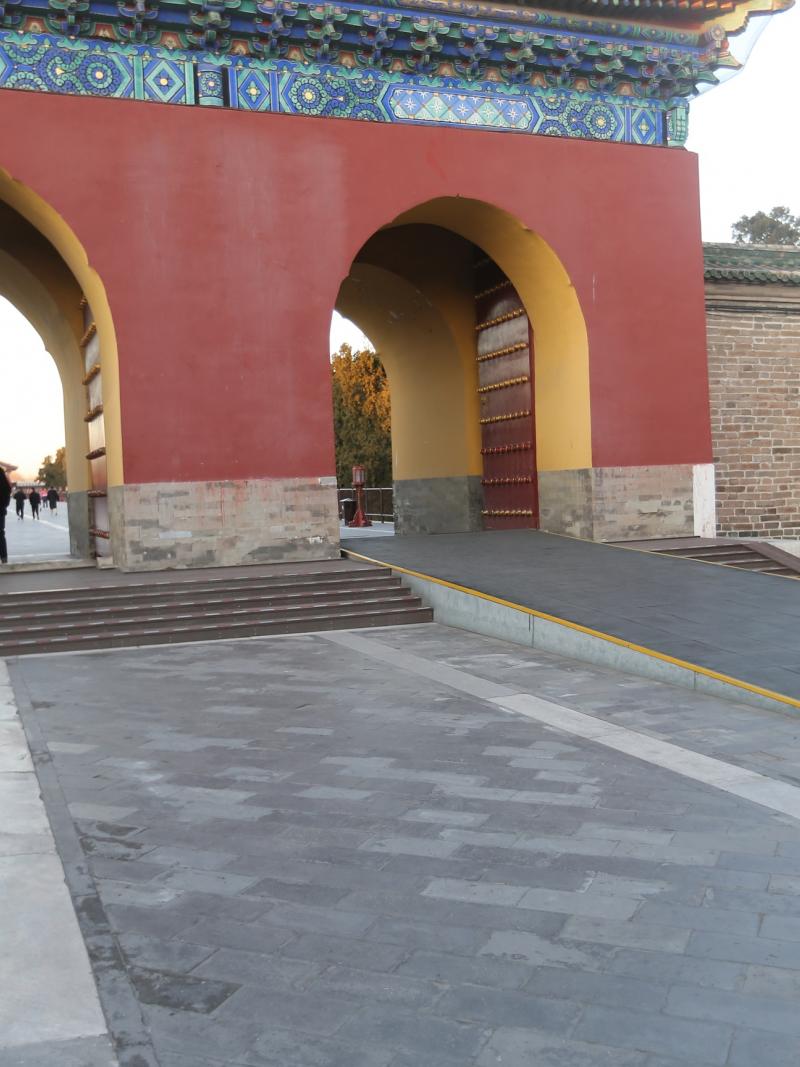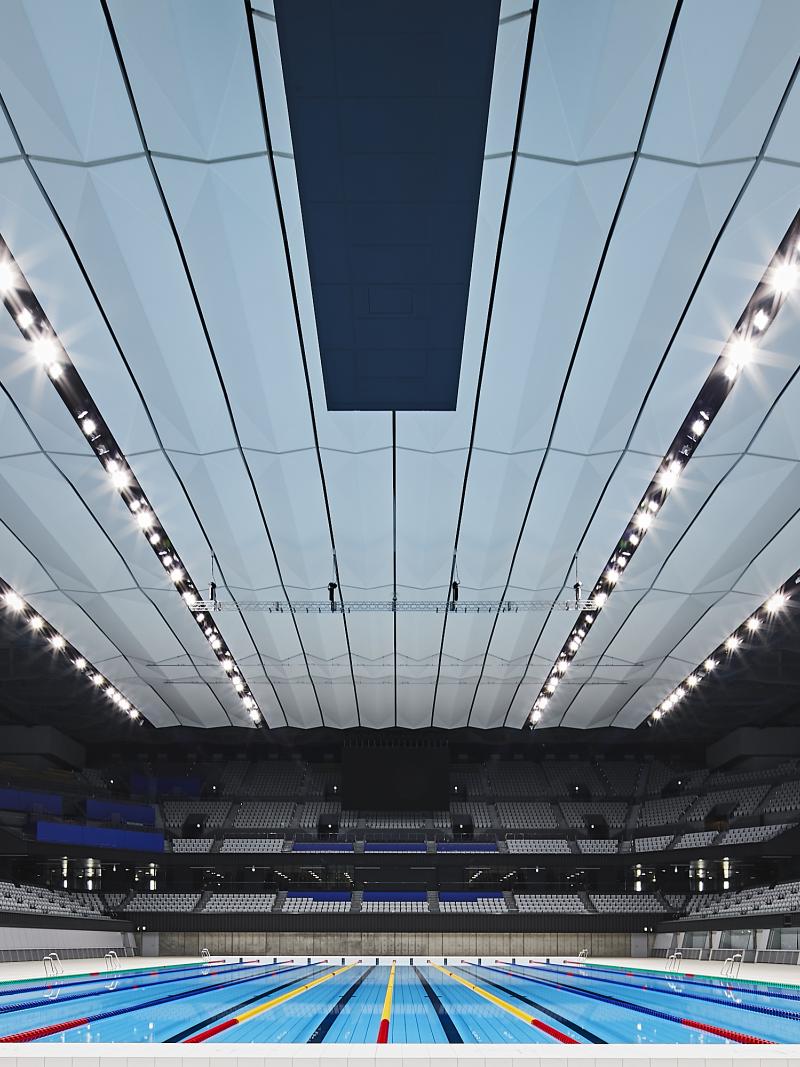IPC welcomes adoption of EU resolution to create accessible sports infrastructure
The IPC’s Accessibility Guide is used as a reference document in the resolution ‘Council Conclusions on Sustainable and Accessible Sports Infrastructure’ 19 Jan 2023
With support from the International Paralympic Committee (IPC), national governments from all European Union members states have adopted a resolution that calls to increase the number of barrier-free accessible sports facilities and give more persons with disabilities the opportunity to enjoy the benefits of sports.
The Council Conclusions on Sustainable and Accessible Sports Infrastructure was one of the final acts of the Czech Republic holding the Presidency of the Council in the second half of 2022.
The IPC worked with the Czech Republic Presidency across 2021 and 2022 to raise and promote the case for more accessible sports facilities in line with the IPC’s own values. The resolution was adopted at the end of November and published among the official EU announcements at the end of December.
The resolution notes that sports infrastructure plays an important role in delivering the UN Convention on the Rights of Persons with Disabilities and the UN Sustainable Development Goals. Enabling barrier-free access to sports infrastructure and participation in sporting and physical activities, in particular for persons with disabilities or other disadvantaged groups, allows as many persons as possible to enjoy the benefits offered by sport.
Part of the resolution encourages EU member states to "include parameters for adequate physical and sensorial accessibility to sports infrastructure in policies in order to design sports infrastructure that provides barrier-free access to sports for citizens with specific physical accessibility requirements". The resolution proposes following the parameters mentioned in the IPC’s Accessibility Guide.
The IPC published its revised IPC Accessibility Guide in November 2020. It is primarily designed to assist Olympic and Paralympic Organising Committees (OCOG) and host city authorities in the successful planning and delivery of the Games. It contains a combination of supporting information, guidelines, recommendations, construction building codes and previous Games examples to help OCOGs and their partners deliver an inclusive sporting event.
The document was also created with a wider audience in mind, to assist similar organisers and hosts across the globe in creating a more accessible and inclusive environment. The Guide offers details on a wide range of areas including accommodation, transportation, venue layout, access to information and services, along with best practices for disability and awareness training.
Paralympian Ileana Rodriquez is an architect who consults for the IPC as an accessibility expert. She played a leading role in the latest review of the IPC Accessibility Guide and was among the accessibility experts asked by the Czech Presidency to speak at the Conference on Sustainable and Accessible Sports Infrastructure in Prague in September 2022, ahead of the European Week of Sport.
Commenting on the adoption of the resolution, Rodriguez said: “With this initiative, the Czech Presidency has sent an important signal for more accessibility in sports infrastructure in the EU.
“This is something the IPC welcomes to ensure that as many persons with disabilities as possible can engage in sport. We know that sport empowers people, changes attitudes, and creates opportunities of the European Union’s 87 million persons with disabilities. Having accessible sports facilities is therefore hugely important.
“We are pleased to see that the Council has recognised the IPC Accessibility Guide as a model for best practice in terms of accessibility and sport. Much of what the Guide advocates is in the resolution and members should consider it as good guidance on this topic.
“It is now the task of the EU member states and the European Commission to take up these recommendations and incorporate them into their policies. The IPC is more than willing to play a role in continuing to grow and develop accessible sports spaces.“







